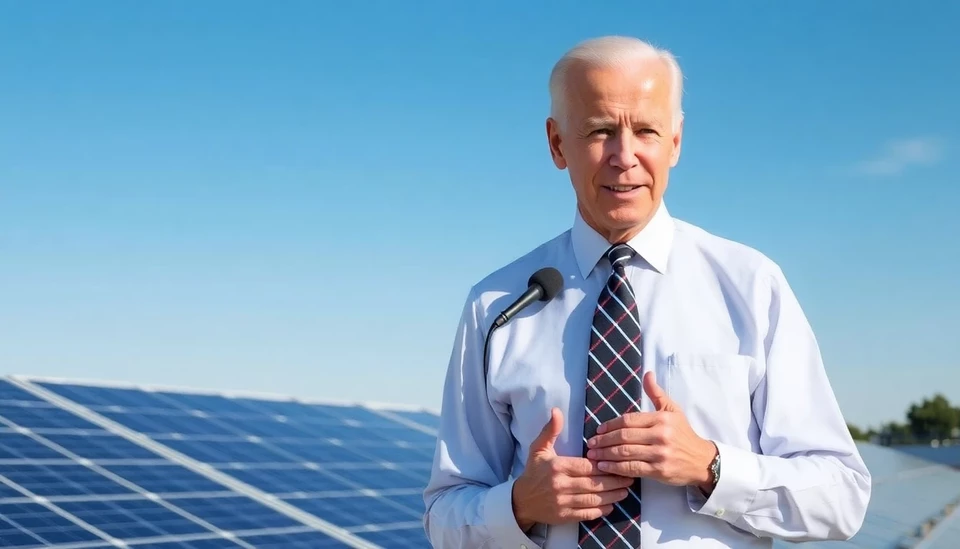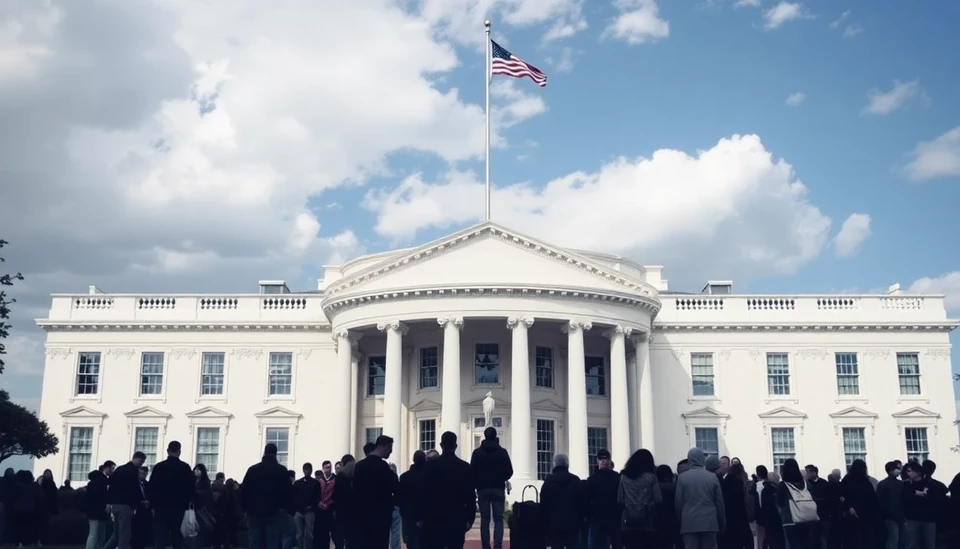
In a significant development for the solar energy sector, President Joe Biden is contemplating a tariff reprieve for solar panels and modules imported from Mexico. This potential tariff exemption aims to accelerate the United States' transition to renewable energy while addressing domestic supply chain issues exacerbated by previous trade policies.
The Biden administration is focusing on ways to enhance the availability of solar technology at competitive prices, as the nation strives to meet its climate goals and energy efficiency targets. The discussions surrounding these tariff changes reflect a broader strategy to bolster the clean energy industry, reduce dependence on foreign manufacturers, and support electric utility companies and homeowners alike in their pursuit of sustainable energy solutions.
Sources close to the matter suggest that the administration is exploring the possibility of waiving tariffs on solar modules imported from Mexico, which could lower costs for American solar developers and facilitate faster deployment of solar energy projects. This comes at a critical juncture as many states are working to accelerate their renewable energy initiatives in light of climate change and the growing demand for cleaner energy sources.
Currently, tariffs imposed on solar imports, particularly from China, have led to rising prices for solar installations across the country. As part of efforts to stimulate domestic solar manufacturing, the tariffs were originally designed to protect American companies. However, the existing tariffs may inadvertently burden developers with higher costs, slowing down the overall progress of solar adoption in the U.S.
Advocates for solar energy are optimistic that these potential changes will not only alleviate cost pressures but also help create a more streamlined approach to sourcing essential components domestically and from neighboring countries like Mexico. Strengthening trade relationships within North America is seen as a way to build a robust renewable energy supply chain capable of meeting the increasing demands for clean energy technology.
The notion of revising these tariffs aligns with Biden's broader energy agenda, which aims to position the United States as a leader in the clean energy transition. The White House has set ambitious targets to achieve significant reductions in carbon emissions, and enabling more accessible solar energy options is pivotal in achieving these goals.
As of now, details regarding specific timelines for any tariff changes or their implications for U.S.-Mexico trade relations remain sparse. However, the administration's willingness to reconsider tariff structures speaks volumes about its commitment to fostering renewable energy growth while ensuring economic viability for firms operating in the sector.
Stakeholders in the solar industry are keenly watching these developments, as they could serve as a catalyst for renewed investment in solar energy infrastructure and technology, supporting the transition toward a more sustainable future.
As the administration continues to weigh these options, the broader public and industry will await further updates on potential legislative actions that could have a lasting impact on the future of solar energy in America.
#Biden #SolarEnergy #Tariffs #RenewableEnergy #CleanEnergy #ClimateChange #Mexico #Sustainability #EnergyPolicy
Author: Peter Collins




